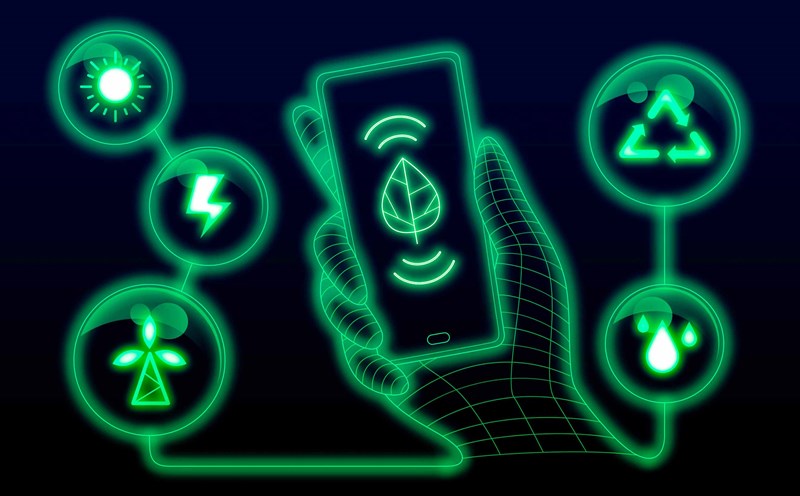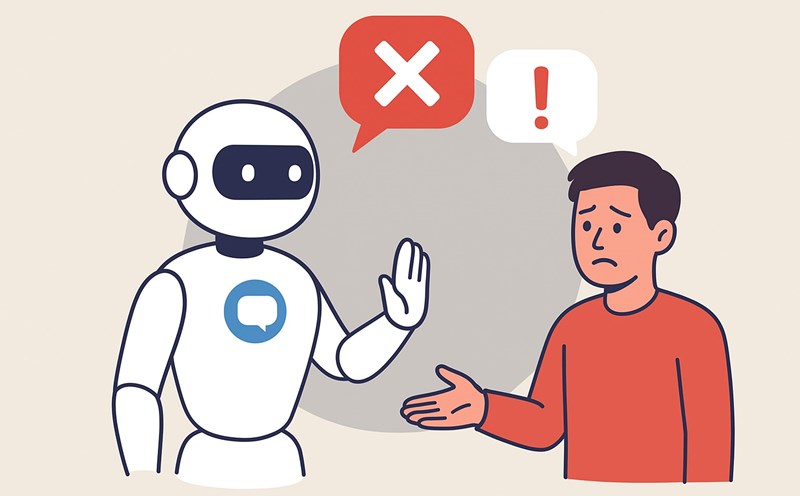In the context of artificial intelligence (AI) penetrating increasingly into life, a new phenomenon that is gradually appearing is "AI mental disorder".
The term appeared on social media when users shared experiences of disconnected from reality after hours of chatting with chatbot like ChatGPT, according to IndianExpress.
Common manifestations include false beliefs, self-illusion or hoangage, and even the formation of emotional relationships with AI characters.
According to the Washington Post, although not officially defined in medicine, AI psychiatric disorder is considered an abnormal form of online behavior, similar to manifestations such as brain weakness or fear...
This phenomenon appears at the same time as the explosive growth of AI chatbots. This includes ChatGPT, which launched at the end of 2022 and currently has nearly 700 million users per week.
Mental health experts warn that interacting with AI for too long can have a negative impact, especially when users rely on chatbots as emotional counseling instead of family, friends or experts.
This phenomenon is too new and happening too fast, we dont have enough practical evidence to understand it, said Vaile Wright, senior director for health care innovation at the American Psychological Association (APA).
Currently, APA is establishing an expert council to study the use of AI in therapy, with the goal of making recommendations on how to minimize potential harm.
AI companies are also working to respond. In particular, OpenAI is improving ChatGPT to recognize signs of psychological stress and direct users to evidence-based support sources.
Chatbot replies will be refined to avoid making direct decisions in high-risk situations, instead encouraging consideration of advantages and disadvantages.
AI Anthropic technology company said its most powerful AI models will end the conversation if users engage in insulting or harmful behavior. While Meta adds a feature to limit AI chat time for teens and display links to hotlines when detecting Suicide risk content.
Therefore, AI users should maintain real-life relationships and consider a healthy skeptical attitude towards technology.
AI may be a useful tool, but spiritual support is still needed by family, friends and the community.











